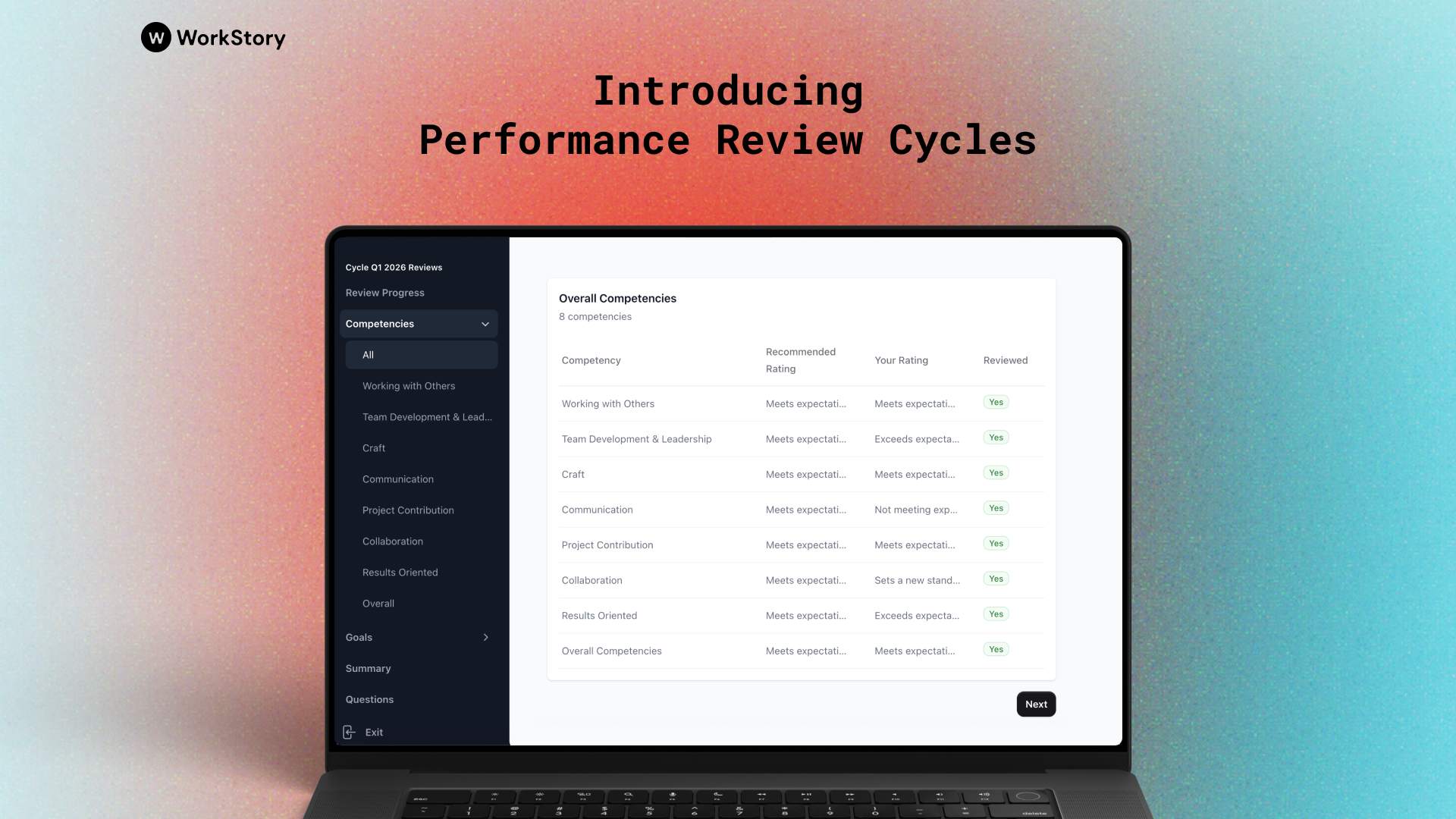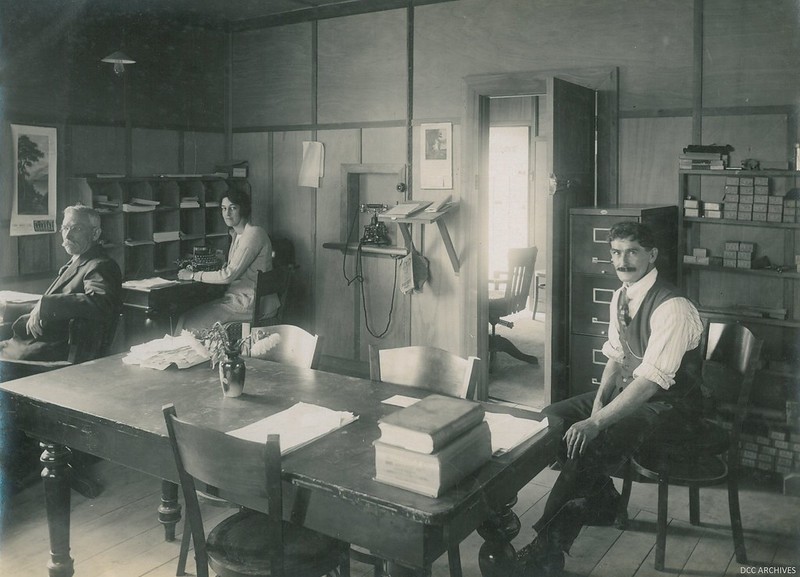As remote work continues to grow in popularity, managers are faced with new challenges in conducting performance reviews for their remote employees.
The traditional approach of a face-to-face meeting is no longer applicable, and managers must adapt to the new normal.
Here are five tips for conducting remote employee performance reviews that can help managers effectively navigate this new territory.
Tip 1: Communicate Effectively Before and After the Meeting
To ensure a productive meeting, it's important to communicate with your employee ahead of time to let them know what to expect and what they need to prepare.
Remote employees need to know the platform that the review will be conducted on, and any relevant files or documents that they should have available for the meeting.
After the review, follow up with a written summary of the discussion, including any agreed-upon action items, goals, or deadlines. This documentation helps avoid misunderstandings and provides a clear reference point for future reviews.
Tip 2: Use Specific Examples and Data
When discussing performance, it's crucial to provide specific examples and data to support your evaluation.
This is particularly important in a remote setting, where employees may not have daily face-to-face interactions with their managers.
Use data from performance metrics, surveys or feedback mechanisms to support your assessment and help employees see where they stand. It's essential to provide meaningful data that is relevant to the employee's performance.
Tip 3: Keep the Focus on Long-Term Development
Effective feedback is not just about pointing out weaknesses; it's also about recognizing strengths and providing guidance on how to build on them for the future.
Make sure to acknowledge your employee's accomplishments, strengths, and areas of improvement. Focus on providing constructive feedback that is specific to the individual's personal goals and objectives as well as the responsibilities of the role they are in or wish to be in.
This approach helps employees feel valued and motivated to continue improving.
Tip 4: Give Employees an Opportunity to Share Their Perspective
In remote performance reviews, it's important to give employees a chance to share their perspective on their work and their own goals.
This is an opportunity to get a sense of what they find challenging or rewarding about their role, what their goals are, and how they feel about their progress.
This dialogue can help managers and employees align their expectations and improve their relationship.
Tip 5: Set Clear Expectations for Future Performance
Finally, it's essential to set clear expectations for future performance. Remote employees need to know what is expected of them in terms of performance, responsibilities, and deadlines.
The goals set should be specific, measurable, achievable, relevant, and time-bound (SMART), and both parties should agree to them.
This helps employees focus on what is important and feel supported in their development.
Effective Remote Performance Reviews
Conducting remote employee performance reviews is a new challenge for managers in a rapidly changing work environment.
By using these five tips, managers can conduct effective and productive performance reviews that help remote employees stay engaged and motivated in their work.





